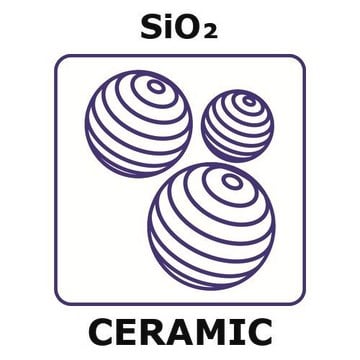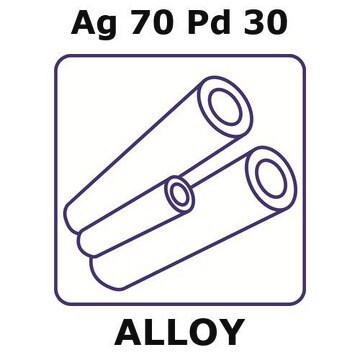GF35196330
Palladium
tube, 100mm, outside diameter 2.0mm, inside diameter 1.6mm, wall thickness 0.2mm, as drawn, 99.95%
Synonym(s):
Palladium, PD007150
About This Item
Recommended Products
Assay
99.95%
form
tubes
manufacturer/tradename
Goodfellow 351-963-30
resistivity
9.96 μΩ-cm, 20°C
L × wall thickness
100 mm × 0.2 mm
O.D. × I.D.
2.0 mm × 1.6 mm
bp
2970 °C (lit.)
mp
1554 °C (lit.)
density
12.02 g/cm3 (lit.)
SMILES string
[Pd]
InChI
1S/Pd
InChI key
KDLHZDBZIXYQEI-UHFFFAOYSA-N
Looking for similar products? Visit Product Comparison Guide
General description
Legal Information
Storage Class Code
13 - Non Combustible Solids
WGK
nwg
Flash Point(F)
Not applicable
Flash Point(C)
Not applicable
Certificates of Analysis (COA)
Search for Certificates of Analysis (COA) by entering the products Lot/Batch Number. Lot and Batch Numbers can be found on a product’s label following the words ‘Lot’ or ‘Batch’.
Already Own This Product?
Find documentation for the products that you have recently purchased in the Document Library.
Our team of scientists has experience in all areas of research including Life Science, Material Science, Chemical Synthesis, Chromatography, Analytical and many others.
Contact Technical Service



